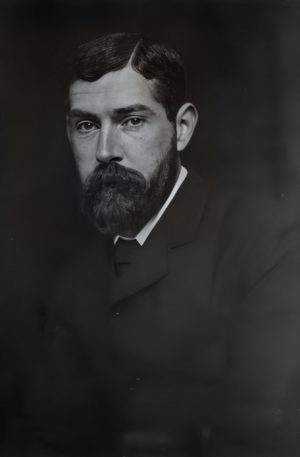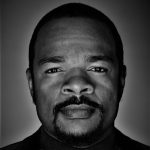Date of Birth: January 30, 1846
Zodiac Sign: Aquarius
Date of Death: September 18, 1924
Biography
Francis Herbert Bradley, commonly known as F. H. Bradley, was an influential British philosopher born on January 30, 1846, in Clapham, Surrey, England. He was one of the leading figures in British idealism, a movement that emphasized the interrelation between the mind and reality. Bradley was heavily influenced by German philosopher G. W. F. Hegel and developed a metaphysical system that challenged the then-dominant empiricism in British philosophy. Bradley was educated at University College, Oxford, where he won several prestigious awards, including the John Locke Scholarship in Mental Philosophy. He became a Fellow of Merton College, Oxford, in 1870, and remained there for the rest of his academic career. His most notable works include “Appearance and Reality” (1893), where he argued that our everyday understanding of the world is filled with contradictions and that true reality is an absolute whole. Bradley’s philosophy was controversial, provoking strong reactions from both supporters and critics, and influenced future philosophers, including T. S. Eliot and Bertrand Russell. Bradley received several honors throughout his life, including the Order of Merit in 1924. He passed away on September 18, 1924, in Oxford, England.
5 Interesting Facts about F. H. Bradley
1. F. H. Bradley was awarded the Order of Merit in 1924, the same year he passed away.
2. He was one of the first philosophers to challenge the empirical tradition of British philosophy.
3. Bradley’s work “Appearance and Reality” is considered a cornerstone of British idealism.
4. He was a lifelong bachelor and had no known romantic relationships.
5. His influence extended beyond philosophy into literature, impacting writers such as T. S. Eliot.
5 Most Interesting Quotes from F. H. Bradley
1. “The whole is the real, and the real is the whole.”
2. “Metaphysics is the finding of bad reasons for what we believe upon instinct.”
3. “Where everything is bad it must be good to know the worst.”
4. “To be a man is to be a contradiction.”
5. “The one self-knowledge worth having is to know one’s own mind.”
Highest Net Worth Achieved
F. H. Bradley did not achieve notable financial wealth from his philosophical work. His highest net worth is not well-documented but is generally considered modest.
Children
F. H. Bradley had no children.
Relevant Links
1. [F. H. Bradley – Stanford Encyclopedia of Philosophy](https://plato.stanford.edu/entries/bradley/
2. [Appearance and Reality – Full Text](https://archive.org/details/appearanceandrea00bradiala
3. [Biography at Oxford Dictionary of National Biography](https://www.oxforddnb.com/
4. [F. H. Bradley – Internet Encyclopedia of Philosophy](https://iep.utm.edu/bradley/
5. [Order of Merit – Official Website](https://www.royal.uk/order-merit

